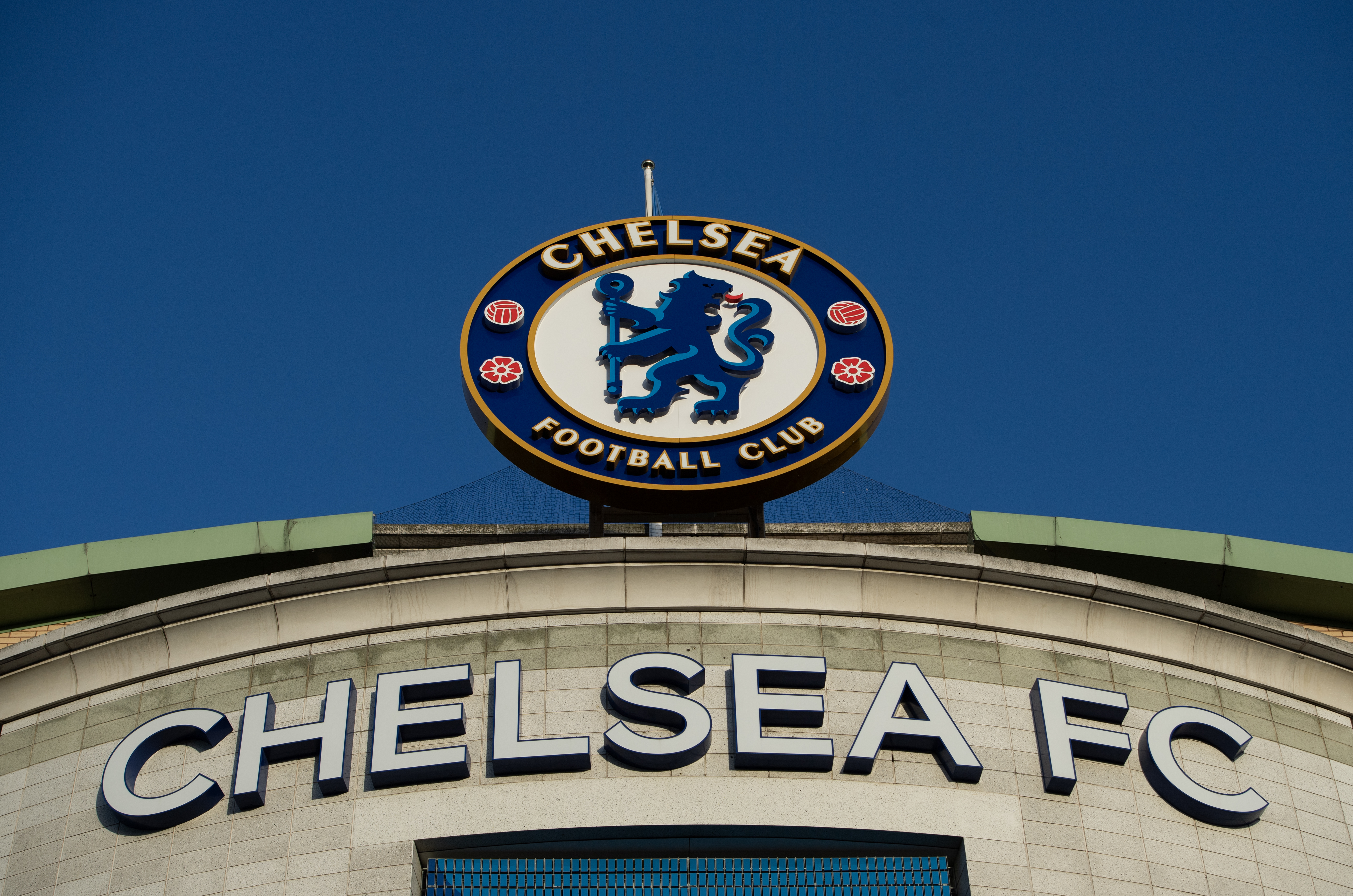Clad in yellow shirts, scarves and hats and blowing their loud vuvuzelas, people of all ages joined a public parade to cheer on the team said to have helped unite a country still divided 16 years after the end of apartheid.
"I have never experienced this type of vibe in my life before, not even for the 1994 elections," said Brenda Barratt, a 59-year-old, referring to the country's first democratic vote.
Toddlers, students, construction workers, business executives and some in wheelchairs lined the packed streets to get a glance of their Bafana Bafana players as they trundled through the crowds in an open bus.
"Look at these crowds! This is what reconciliation is all about," said Simon Muthelo, 48, waving his "11 players, 1 heartbeat, 1 trophy" placard.
The cacophony of hooting was echoed across the country as other fans, celebrities and politicians, joined the "United for Bafana" campaign, two days before the team kicks off the one-month tournament in a match against Mexico.
Ranked 83rd in the world and once tipped to be the worst host team yet in the 80-year history of the World Cup, Bafana Bafana surprised critics with a run of 12 unbeaten matches owing to intensive training by wily Brazilian coach Carlos Alberto Parreira.
Most say the team have a good chance of at least advancing to the next round after facing Mexico, Uruguay and France in the Group A matches.
The best features, fun and footballing quizzes, straight to your inbox every week.
"I've got confidence that they can make it. I need them to go as far as the finals," said Moses Ngube, an advocacy worker from Johannesburg.
Football fever has been building up in South Africa and the team is attracting sell-out crowds. Musicians beat steel drums and marimbas, others formed spontaneous orchestras using their vuvuzelas, plastic trumpets cherished by local fans.
"This is big history, I can't believe it," Alice Satege, a 45-year-old domestic worker said, shaking with tears.
The squad has been overwhelmed by an unexpected outpouring of national fervour after years of indifference and scepticism about South Africa's ability to host the World Cup.
Even President Jacob Zuma said on Monday the soccer bonanza, the first held on the continent, was uniting South Africa much like the 1995 Rugby World Cup victory which helped break down racial barriers and would leave a legacy for decades to come.
Many foreigners, often victims of attacks in the country where they compete with locals for limited jobs and scarce social services, joined the Wednesday crowds.
"I love the energy. It makes you want to be South African," Elsa Oliveira, an Angolan-American student said.
 Join The Club
Join The Club





